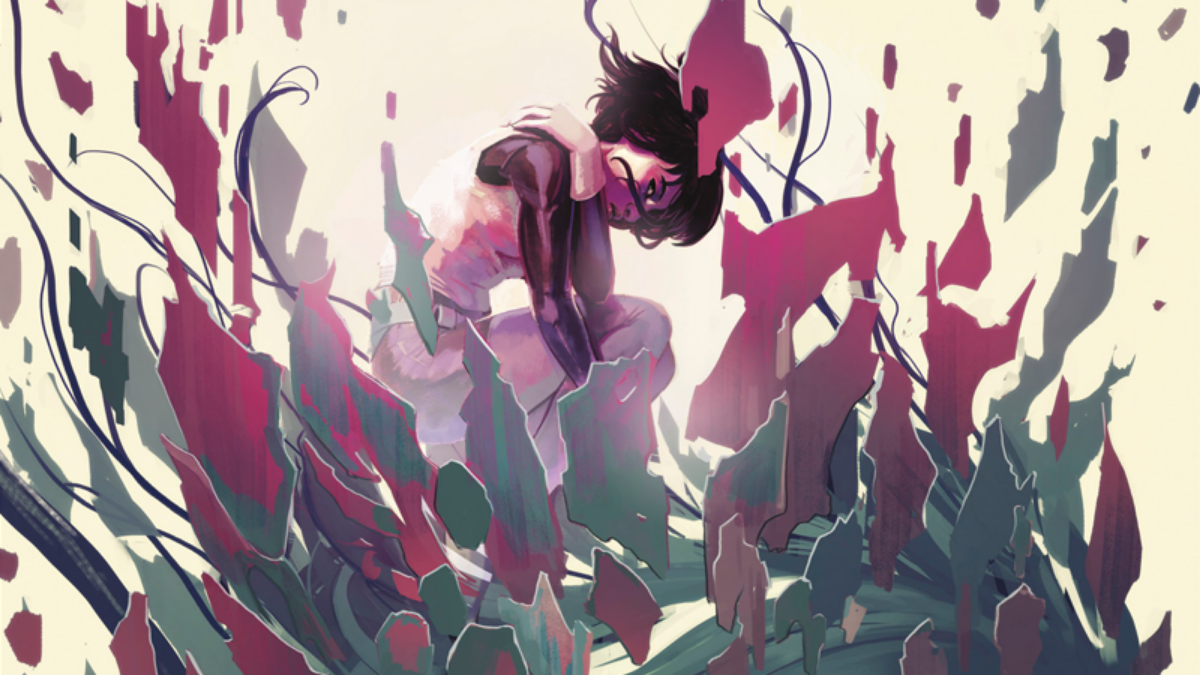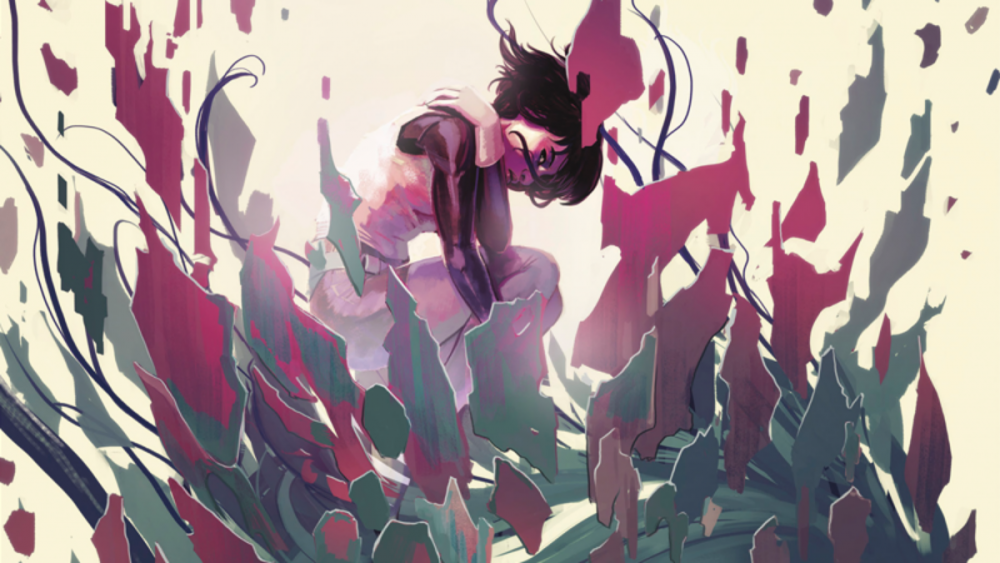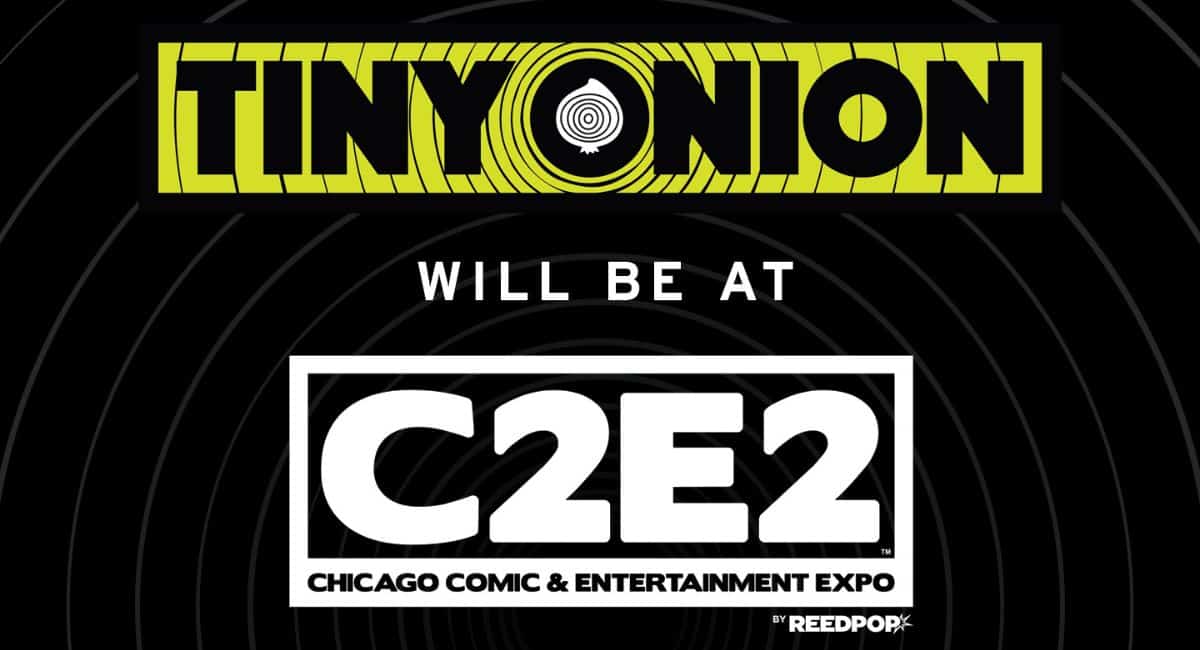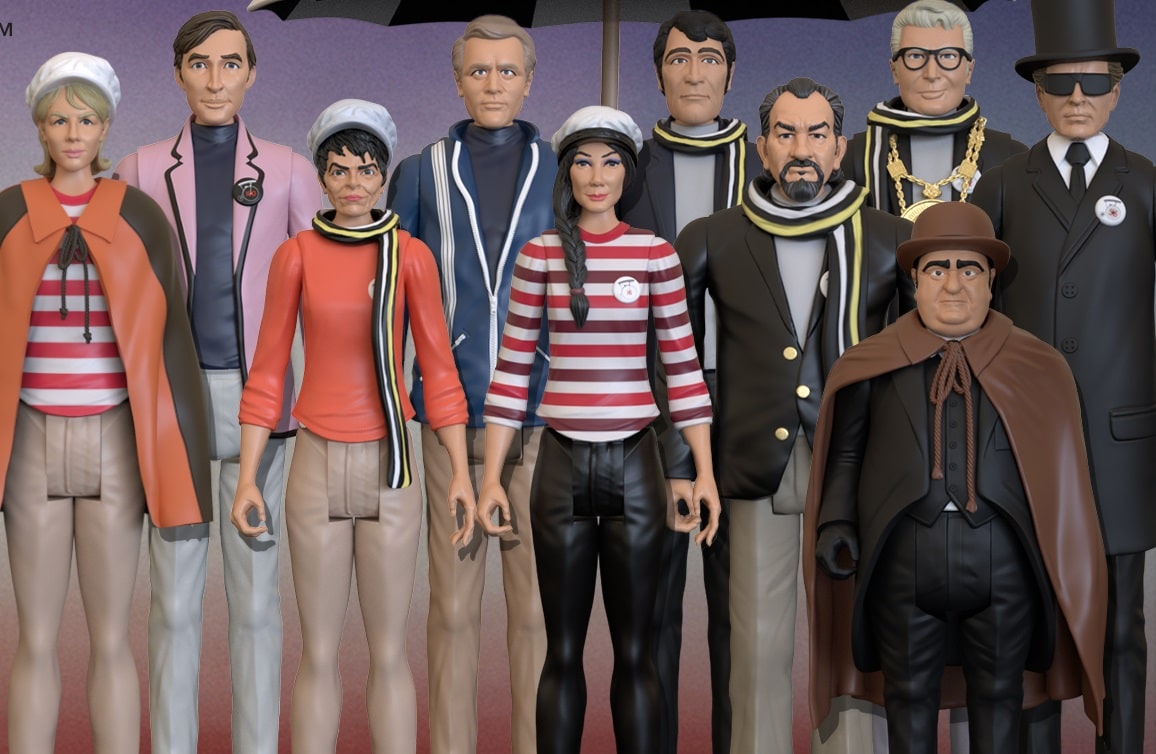By Erica Friedman
Ghost in the Shell (攻殻機動隊 Kōkaku Kidōtai), the 1989 comic by Masamune Shirow, adapted into the genre-defining anime directed Mamoru Oshii, is arguably the franchise best known for shaping our ideas of a networked virtual society.
Kodansha USA, which published a successful Attack on Titan comic anthology in 2015, is launching an official Ghost in the Shell Anthology, Ghost in the Shell: Global Neural Network with contributions from Alex de Campi (Twisted Romance), Giannis Milonogiannis (Prophet), Genevieve Valentine (Catwoman), Jodi Wynne (DC/Image) and others.
To welcome you back to Section 9, we had some words with Alex de Campi at NYCC.
What was your introduction to the Ghost in the Shell Franchise and what were your impressions of it at the time?
Alex de Campi: I grew up on anime (Gatchaman and Yamato, in dub, on local tv) and I first saw the GiTS film in college and was like WHOA. That and Akira really blew my mind. I know, I know, this is the most basic weeb origin story in the world.
How have those impressions changed?
de Campi: I read the manga early on in my return to comics, about 15 years ago. I really enjoyed it, but I never viewed it as one of my fundamental books. I think some of the obvious sexualisation got to me a little, where younger me was OK to pass over that for wow factor. (I was deeply into Urasawa’s Monster at the time, Inoue’s Vagabond, and Junji Ito. Oh, and rocking it oldskool w Hideshi Hino.)
What are the themes in GitS that most resonated with you?
de Campi: Pretty much all I write about is memory and identity. As someone who’s had a very nomadic existence (I lived in 6 countries across 4 continents before I was 30) I tend to focus on people who are a little… lost, I guess. Who are trying to figure out where they belong. Obviously these concepts are easily portable to themes of cyborgs and artificial people.
What are you hoping to communicate in your work?
de Campi: I was interested in how the idea of modifying yourself to the point of near-immortality affected the concept of the family, and the perpetuation of the species. If you’re mostly metal, you’re not going to be having kids. Do we grow them in tanks? Do we create baby robots who learn just like humans do, and gradually size up in body from toddler to child to adult? I like taking story worlds like this and poking at their logic.
Of course, I’ve also had fun playing with ALL Shirow’s toys, so we have tachikomas, Batou as James Bond, the Major doing deep dives, and Aramaki giving off more shade than a solar eclipse.
The Ghost in the Shell: Global Neural Network will be published in October.









